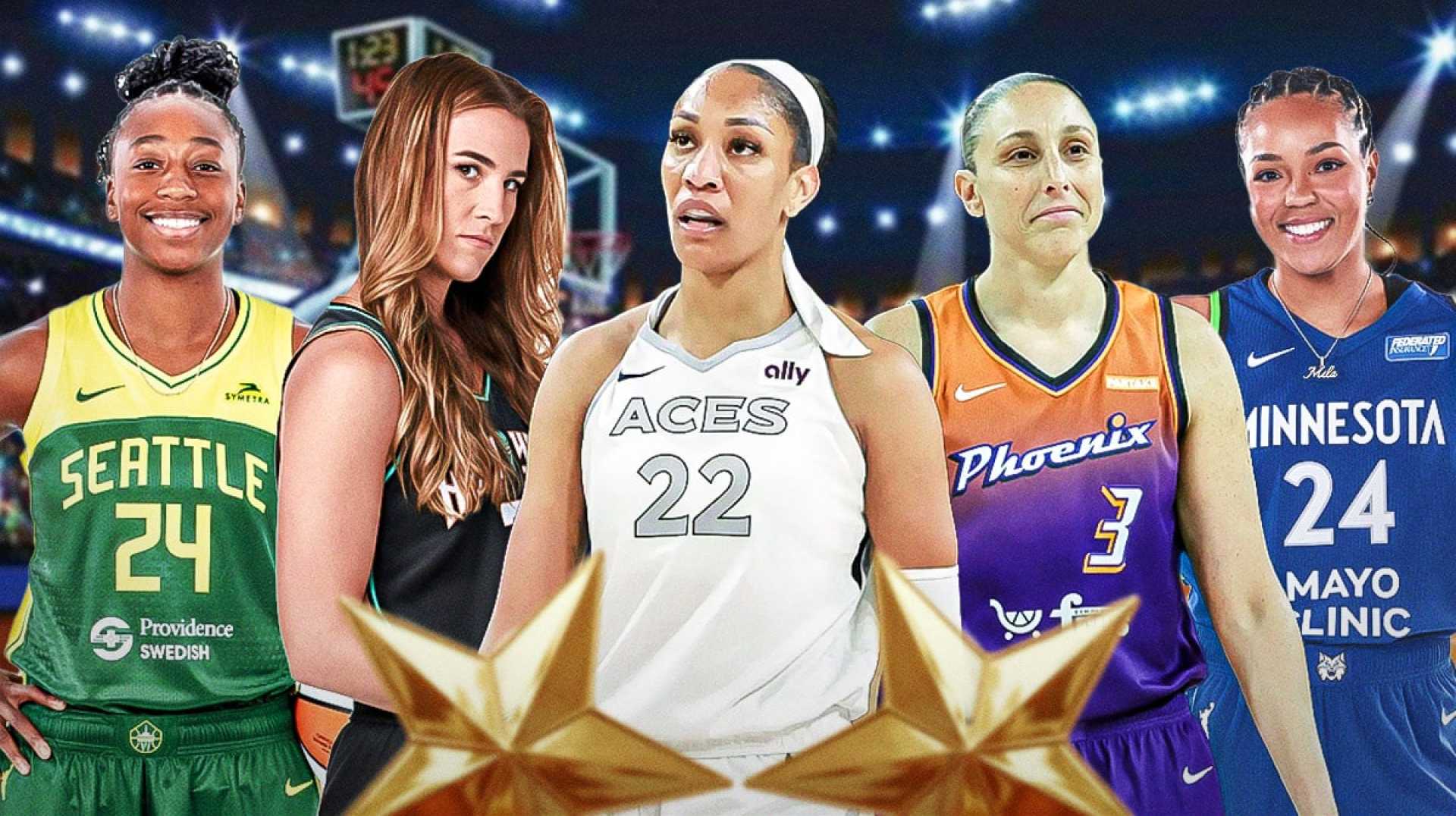Sports
WNBA Faces Challenges Amidst Growing Popularity and New Media Deal

INDIANAPOLIS, Ind. — The WNBA is experiencing a surge in popularity, fueled by a lucrative new media deal with ESPN worth $2 billion over the next 11 years. This represents a significant increase from previous contracts and highlights the growing interest in women’s sports.
However, experts warn that the league and its players are not fully prepared for this newfound attention and financial boost. Many argue that the WNBA’s growth is heavily reliant on the NBA, which has provided essential financial support since the league’s inception in 1996.
The new visibility from the ESPN deal has led to both excitement and challenges for the league. Players have long championed social justice issues, which has helped build a fan base. Yet, as viewership increased, especially during the 2024 draft, driven largely by star players like Caitlin Clark, questions remain about whether the league can maintain this momentum.
Despite a rise in ratings — including a record 2.45 million viewers for the 2024 draft — the WNBA’s All-Star game in 2025 dropped in viewership by 36% compared to previous years. This decline surprised many, particularly as it came despite the historical significance of the event.
Clark’s absence was felt deeply, as it limited the opportunity to showcase other players. Analysts believe that the league needs to focus more on entertainment rather than activism to keep its basketball-centric audience engaged. This balancing act could be crucial as the WNBA seeks to sustain its newfound attention.
Challenges also arose during recent media scrutiny. Players like DiJonai Carrington faced backlash over their responses to tough questions from reporters, signaling a discomfort with the increased visibility and critical evaluation that comes with fame.
Connecticut Sun player DeWanna Bonner experienced her own issues this season, with reports of her absence from games due to personal reasons. Fans’ reactions when she returned drew criticism, as many failed to recognize her contributions and history in the league.
As the league looks toward a potential increase in player salaries due to the ongoing collective bargaining agreement negotiations, incidents like fan reactions to players’ performances reveal unpreparedness for the realities of professional sports.
The WNBA stands at a pivotal moment, and players must adapt to their roles as entertainers. To thrive, they must navigate the complexities of fame, media scrutiny, and fan engagement better than they have in the past.
With the spotlight now on them, the question remains whether the WNBA can successfully leverage this moment of growth into lasting success.












